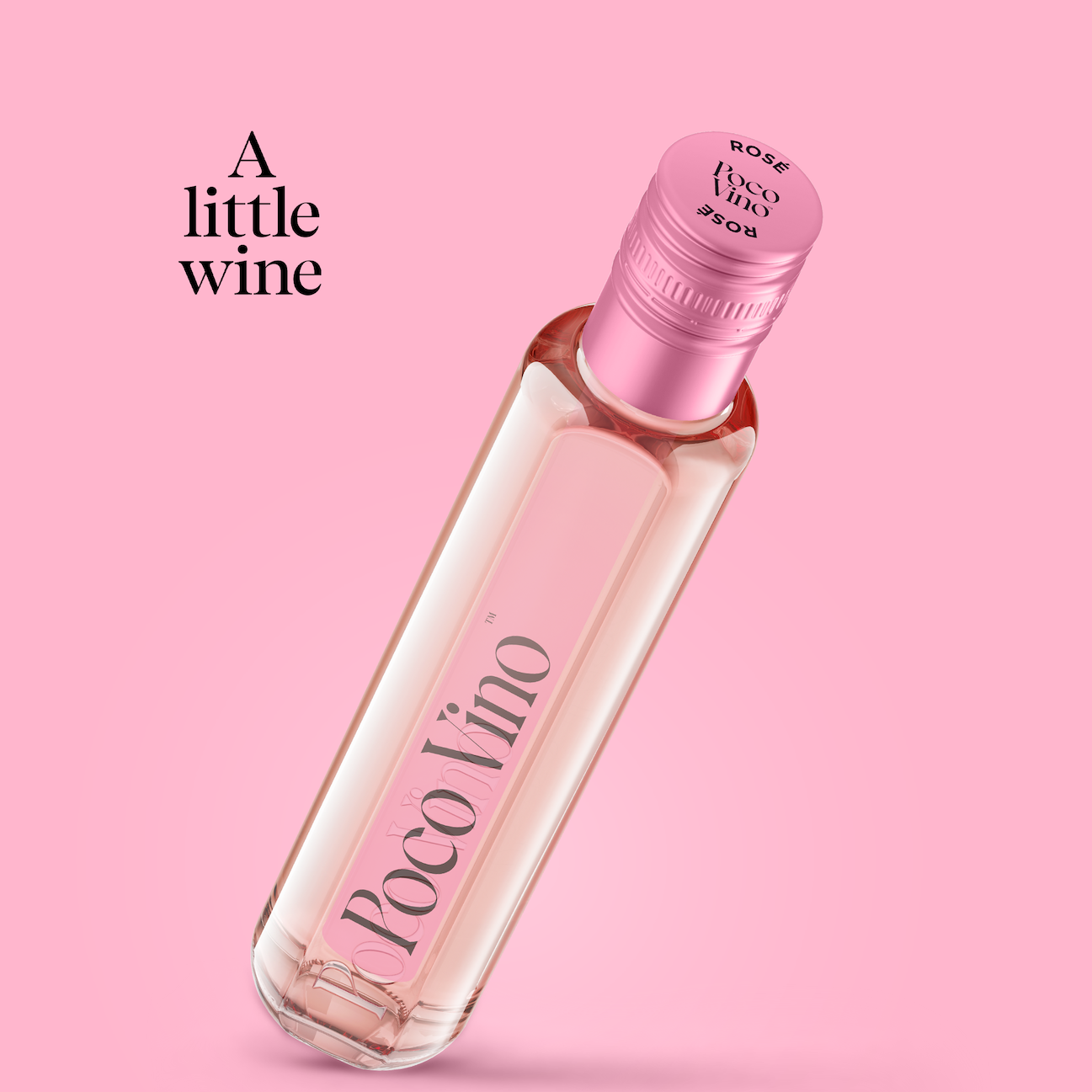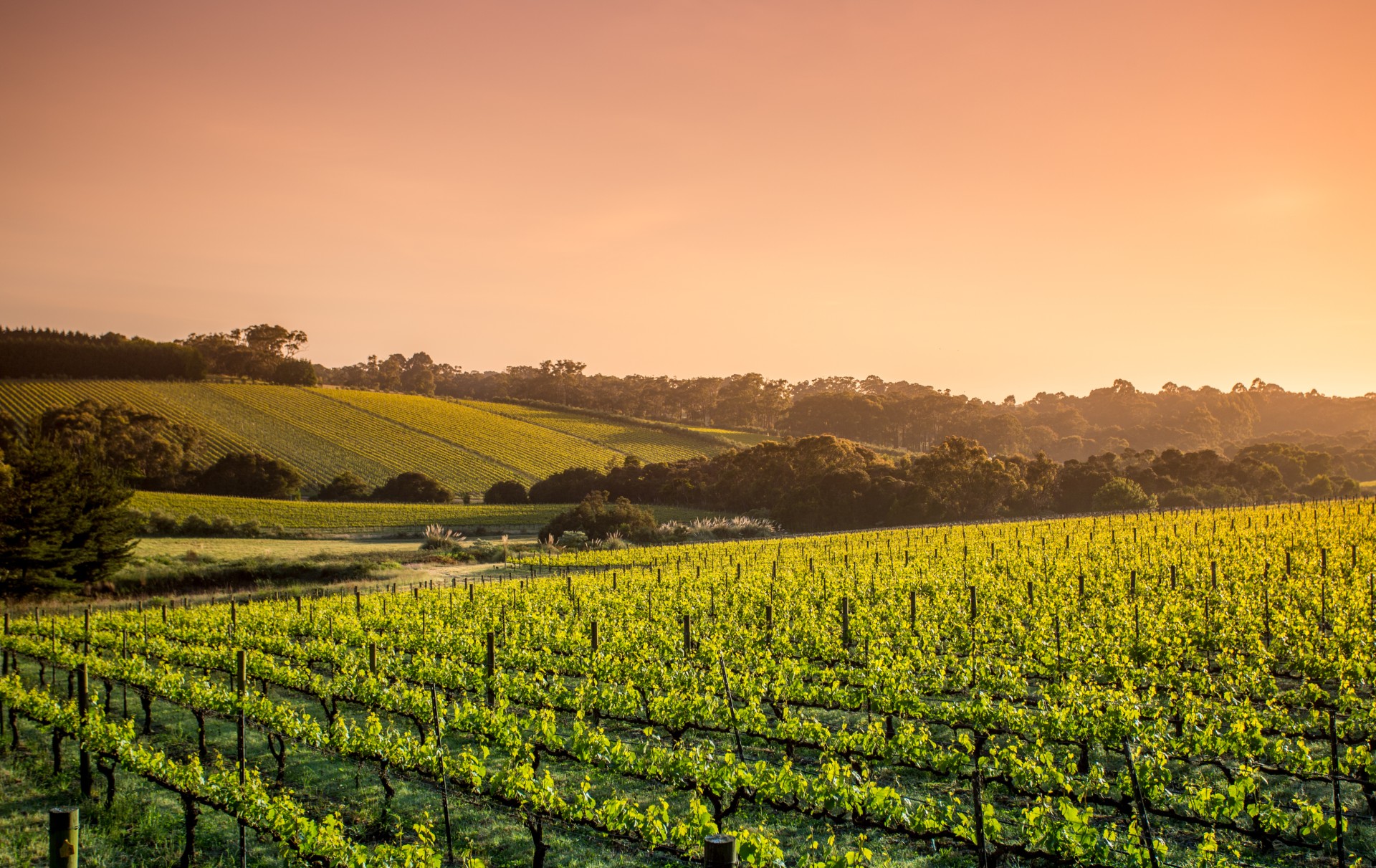Asahi spends €7bn on European beer brands
AB InBev has agreed to sell SAB Miller’s central and eastern European beer business to Japan’s Asahi for €7.3 billion (US$7.8bn), following its $106bn takeover of the brewer earlier this year.
This latest acquisition takes Asahi’s total spend on European beer brands in the last six months to over US$10 billion
The deal, which covers beer brands formerly owned by SABMiller in Poland, the Czech Republic, Slovakia, Hungary and Romania, includes Czech market leader Pilsner Urquell and Kozel, Poland’s Tyskie and Lecher and Hungary’s Dreier.
The eastern and central European beer brands were the last of a clutch of assets previously owned by SABMiller that AB InBev had been ordered to sell off in order to get competition clearance to complete its £79 billion (US$106bn) acquisition of the British brewer.
AB InBev had already offloaded SABMiller’s other European beer brands, including Grolsch and Peroni, to Asahi for €2.55bn (US$2.76 billion). With its acquisition of these further brands, Asahi’s investment in European beer brands has reached just over US$10 billion in the past six months.
“Asahi has become a major power in Europe’s competitive brewing market from nothing in the space of a few months,” said John Colley, professor of practice at Warwick Business School and an expert on mega-mergers.
“There do remain opportunities for further growth in Eastern Europe, unlike the Western European beer market which is mature and under attack from craft beers, wine, cocktails and spirits.
“Alcohol consumption is falling in the west as health concerns prevail. In Eastern Europe, there is an opportunity for beer to continue displacing high levels of spirit consumption. Asahi is paying a high price for the remaining AB InBev assets, around 50% more than the market expected reflecting growth expectations.”
For Asahi’s part, the brewer said the acquisitions were part of its “long-term” vision to become a “comprehensive beverage and food business group with an alcoholic beverages business at its core”.
“Through the acquisition of the Target Business [AB InBev’s central and eastern European beer brands], together with “Super Dry”, “Peroni” and “Grolsch”, [acquired earlier this year] Asahi aims to establish a unique position as a global player, mainly focusing on a leading premium brand portfolio to achieve sustainable growth”, the brewer said.
“Asahi’s strategy is to enhance its cash generating power through its international business by maximising synergies with its existing business in Europe, the second largest business platform next to its domestic operations, along with merging the brand power and cost competitiveness it has cultivated in Japan.”
Asahi added that it expects its acquisitions in Europe to lift its overseas sales as a proportion of total sales to nearly a quarter, from 16% in October.
Partner Content
The Czech Republic’s Pilsner Urquell is one of the brands included in Asahi’s latest raft of acquisitions.
Competition concerns
In terms of satisfying competition concerns, in Asia AB InBev had already divested SABMiller’s 49% stake in Snow breweries, China’s highest-selling beer brand, for $1.6 billion to China Resources Beer – fulfilling a commitment to regulators in Beijing.
In the US, Molson Coors has taken control of SABMiller’s 50% voting interest and 58% economic interest in MillerCoors, which has become a wholly owned subsidiary of Molson Coors.
Coca-Cola meanwhile has agreed to buy the stake AB InBev holds in the US Coca-Cola’s African subsidiary. SAB Miller, which had done much of Coca-Cola’s bottling worldwide, had held a majority share in the company.
AB InBev’s acquisition of SABMiller, worth £79 billion (US$106bn), was finalised in October, with the new company officially titles Anheuser-Busch InBev SA/NV, (AB InBev), effectively signalling the end of the SAB Miller name.
So far sales of SAB Miller’s assets have recouped around $23 billion against the total paid for the business, said Coley.
“Far more than 20% of total SABMiller earnings capacity has been disposed of, effectively increasing the price for the growth areas of Africa and South America,” said Coley. “The deal has become very expensive, although it is likely the savings will be far more than the announced $1.4Bn.”
Asahi’s purchase of AB InBev’s central and eastern European beer brands is expected to close in the first half of next year.




